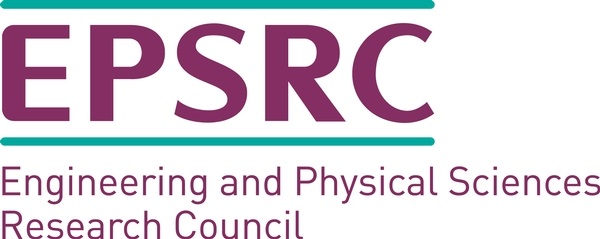News
"Molecular Processes in Intercalation and Redox Flow Batteries"
-300x209.jpg)
Wednesday 21st February 2018 saw the inaugural seminar in a series given by both external speakers and members of the North East Centre for Energy Materials (NECEM). The seminar, entitled “Molecular Processes in Intercalation and Redox Flow Batteries”, was given by the Director of NECEM, Professor Ulrich Stimming, at Durham University. The seminar gave a comprehensive overview of the research published by Professor Stimming’s groups into energy storage. The applications of energy storage devices have grown at an increasingly rapid rate. With a wide range of uses from the powering of portable electronics to the stabilisation of smart grids, the demands on device performance are thus very different and an understanding of the molecular processes behind good performance is required for further improvement.
The seminar mainly discussed two different energy storage devices, namely, intercalation batteries and redox flow batteries. Intercalation batteries such as solid-state batteries typically benefit from high ion densities, resulting in high energy densities. However, side reactions occur while cycling that results in the formation of solid-electrolyte interfaces (SEIs) and the aging of the battery. Scanning tunnelling microscopy (STM) has been used to study both the electrochemical behaviour of the intercalation of Li and Na at the graphite electrode as well as the formation of SEIs in lithium ion batteries.
Current redox flow batteries (RFBs) use the V2+/3+/V4+/5+ redox couple. There are multiple advantages to this system, most notably among them the prevention of chemical contamination across membranes by vanadium and their scalability. However, this is mitigated by much lower energy densities than lithium ion batteries. Several methods have been tried to increase the energy density of RFBs. This has included the switch to non-aqueous electrolytes, increasing the number of redox centres, and even considering alternative redox systems, e.g. involving polyoxometalates, with higher energy and power densities.
Overall, the first seminar of the NECEM series gave an overview of the issues currently facing the energy storage industry as well as the ongoing research into this area to find sustainable solutions to these problems.
Last modified: Tue, 13 Mar 2018 19:52:23 GMT










